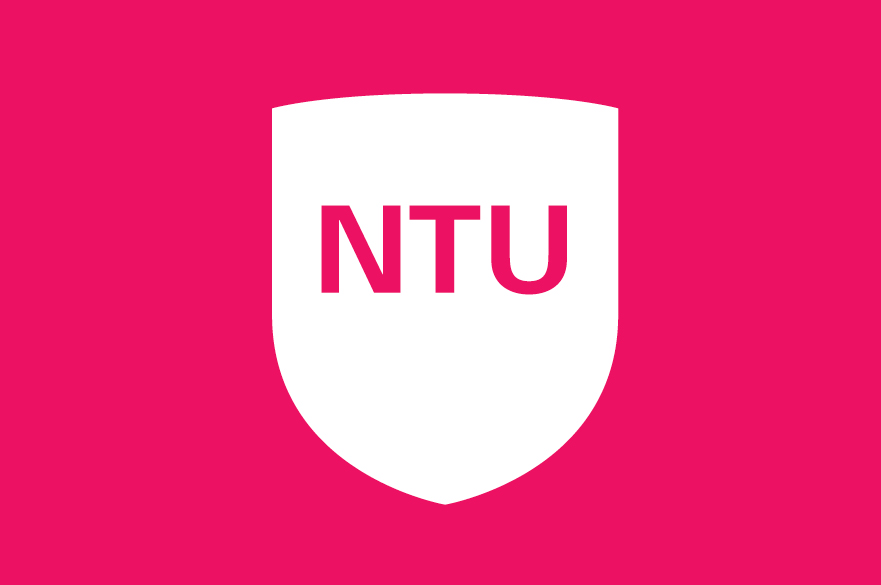Overview
Supply chain resilience refers to the ability of a system to withstand and recover from disruptions, ensuring continuity and stability. Antifragility, an advanced concept introduced by Nassim Taleb, extends beyond resilience. An antifragile supply chain not only withstands disruptions but also benefits from them, emerging stronger and more efficient. Taleb likens this phenomenon to muscle growth through exercise—stress and volatility make the system more robust by driving adaptation and improvement.
For a supply chain to achieve antifragility, it must develop capabilities that surpass traditional resilience strategies. Antifragility involves continuous improvement and proactive adaptation. It is not merely a reactive outcome of change but a latent potential that must be cultivated.
Although the concept of supply chain antifragility is promising, it remains in its early stages of academic exploration. Further research is required to understand its underlying mechanisms and practical implications. Emerging technologies such as simulation, artificial intelligence (AI), big data analytics, and digital twins offer significant opportunities for analysing, predicting, and responding to disruptions. Simultaneously, the nature of disruptions is evolving, with social-ecological challenges like pandemics and climate change necessitating innovative mitigation strategies.
This research aims to:
· Develop a theoretical framework to define antifragility in supply chains, and identify the triggers and mechanisms through which disruptions lead to improved supply chain performance.
· Analyse the supply chain structures, governance models, and strategies that foster antifragility, using a hybrid methodological approach, which combines Artificial Intelligence (AI) and Machine Learning (ML) to predict disruptions, identify vulnerabilities, and optimize recovery strategies, and Simulation to model the complex dynamics of antifragility, explore scenarios and feedback loops. The resulting model will:
· Examine how supply chains can leverage social and ecological feedback loops to anticipate and respond effectively to disruptions.
· Investigate the influence of human behaviour on supply chain antifragility, focusing on how behavioural factors could shape risk perception and the adoption of antifragility strategies. Expected Contributions:
This project will advance theoretical understanding and provide actionable tools for creating antifragile supply chains. It will offer a roadmap for integrating digital technologies, fostering adaptability, and addressing modern disruptions, thus equipping supply chains to thrive in an increasingly volatile world.
Nottingham Business School is triple crown accredited with EQUIS, AACSB and AMBA – the highest international benchmarks for business education. It has also been ranked by the Financial Times for its Executive Education programmes in 2023 and 2024. NBS is one of only 47 global business schools recognised as a PRME Champion, and held up as an exemplar by the United Nations of Principles of Responsible Management Education (PRME).
Its purpose is to provide research and education that combines academic excellence with positive impact on people, business and society. As a world leader in experiential learning and personalisation, joining NBS as a researcher is an opportunity to achieve your potential.
Applications for October 2025 intake closes on 1st July 2025 and applications for Jan 2026 intake closes on 1st October 2025.
Staff profiles
Entry qualifications
Must have a master’s degree (or equivalent) in Supply Chain Management, Industrial Engineering, Operations Research, Data Science, Computer Science, or a related field.
A strong background in supply chain management and supply chain resilience concepts, including risk assessment, disruption management, and recovery strategies. And a familiarity with machine learning and AI techniques, and simulation models.
Have an understanding of digital twins, IoT systems, and blockchain application in supply chain.
UK: Successful applicants for the PhD in Nottingham Business School normally hold a first or upper second-class honours degree from a UK university or an equivalent qualification. Candidates with a lower second-class degree may apply if they hold a Master’s degree at Merit level or higher.
International: Successful applicants for the PhD in Nottingham Business School normally hold a first or upper second-class honours degree from a UK university or an equivalent qualification.
International students will also need to meet the English language requirements - IELTS 6.5 (with minimum sub-scores of 6.0). Applicants who have taken a higher degree at a UK university are normally exempt from the English language requirements. Applicants who do not meet the English language proficiency requirement will normally be asked to complete an English Language course.
How to apply
Applications for October 2025 intake closes on 1st July 2025 and applications for Jan 2026 intake closes on 1st October 2025.
Please visit our how to apply page for a step-by-step guide and make an application.
Fees and funding
This is a self-funded PhD project for UK and International applicants.
Guidance and support
For more information about the NBS PhD Programme, including entry requirements and application process, please visit: https://www.ntu.ac.uk/course/nottingham-business-school/res/this-year/research-degrees-in-business
Nottingham Business School is triple crown accredited with EQUIS, AACSB and AMBA – the highest international benchmarks for business education. It has also been ranked by the Financial Times for its Executive Education programmes in 2023 and 2024. NBS is one of only 47 global business schools recognised as a PRME Champion, and held up as an exemplar by the United Nations of Principles of Responsible Management Education (PRME).
Its purpose is to provide research and education that combines academic excellence with positive impact on people, business and society. As a world leader in experiential learning and personalisation, joining NBS as a researcher is an opportunity to achieve your potential.
